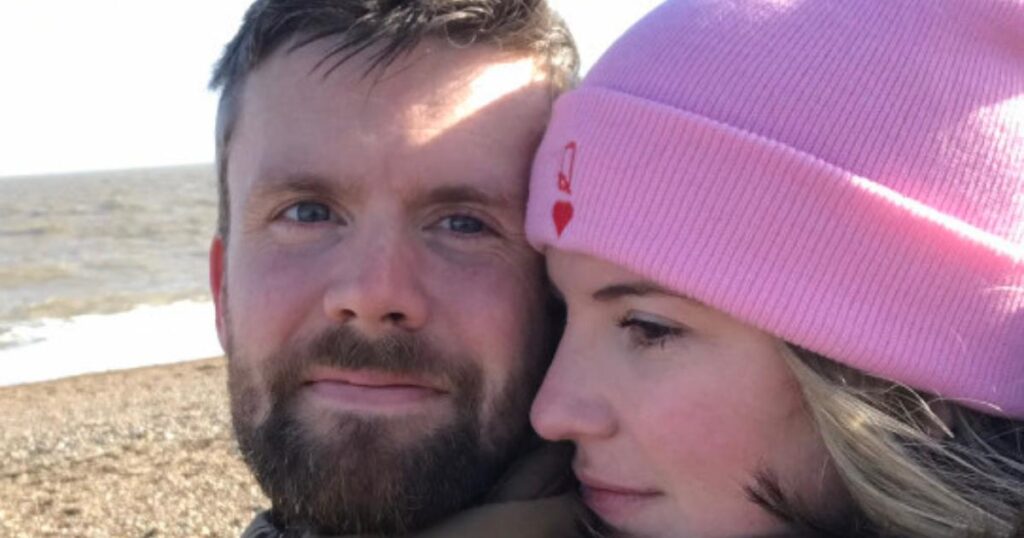Sarah and Andrew Conroy are campaigning for improved maternity care after their son, Kit, died at only six hours old at University Hospital Lewisham in March 2021.
The couple had spent four years trying to conceive Kit, who was born in poor condition and required resuscitation after Sarah experienced a serious antepartum haemorrhage during labour.

This condition occurs when the placenta separates from the womb.
Despite Kit’s dire condition, the emergency blood transfusion was not administered during his resuscitation, and he did not receive blood until he was three hours old.
The family subsequently instructed medical negligence lawyers at Irwin Mitchell to investigate the care they had received under Lewisham and Greenwich NHS Trust.

The trust admitted breaches of duty, acknowledging that an emergency blood transfusion was necessary, and that there was a delay in administering neonatal blood.
It also admitted the volume of blood given to Kit was less than required.
However, the trust maintained that had Kit received a transfusion during resuscitation, he would have survived with a significant brain injury, and if the transfusion had occurred after resuscitation, he would have died.

The trust insisted it was not liable for his death.
As a result of legal proceedings, the trust agreed to an undisclosed out-of-court settlement.
The trust denied the HSIB’s findings were a breach of duty.
Sarah, a theatre box office manager, was taken to University Hospital Lewisham on February 21, 2021, after suffering bleeding at home.
She was sent home two days later with doctors saying the cause of her bleed was unknown.

On March 8, 2021, she attended hospital concerned about further bleeding, which was deemed to be old blood from her initial bleed.
She was booked in for a planned induction of labour four days later at just over 39 weeks pregnant.
At around 1.12pm on March 13 Sarah thought her waters had broken.
However, she had suffered a significant bleed.
A decision was made to deliver Kit by emergency caesarean and he was born at 1.28pm.
He took his first breath at nearly 17 minutes old and did not start receiving blood until just after 4.30pm.
However, his condition deteriorated and he died around six hours old in Mr Conroy’s arms.
During the bleed and subsequent surgery, Sarah lost around three-and-a-half pints of blood.
A Healthcare Safety Investigation Branch (HSIB) report into Kit’s death found that Sarah’s antepartum haemorrhage was so significant that there was only one possible diagnosis – that the bleeding had originated from the placenta.
Rather than doctors saying the cause for the initial bleed was unknown, it would have been appropriate to diagnose partial placental abruption.
As Sarah was approaching 37 weeks pregnant, there was an opportunity for her to remain in hospital and for her to be offered an induction of labour at 37 weeks, the report added.
Following Kit’s death in March 2021, Sarah and Andrew chose for a post-mortem examination to be carried out.
It found that Kit died from a brain injury as a result of being born with no detectable heart rate, caused by the significant bleeds suffered by Sarah and an inflamed placenta.
An inquest was not held into his death.
Sarah, aged 39, said: “We’re so thankful and feel so blessed that we have Cooper and Jude, but it’s difficult that Kit isn’t at home with the four of us.
“Kit will always be part of our family and we’ll always love him.
“However, we’ll always believe he was badly let down.”
She added: “Parents need to trust their instincts and know it is ok to ask questions of medical staff to ensure they’re happy with their care.
“Sadly, what happened to us wasn’t an isolated incident.
“No family want to find themselves in the position we have but the least they deserve is for their voices to be heard.”




